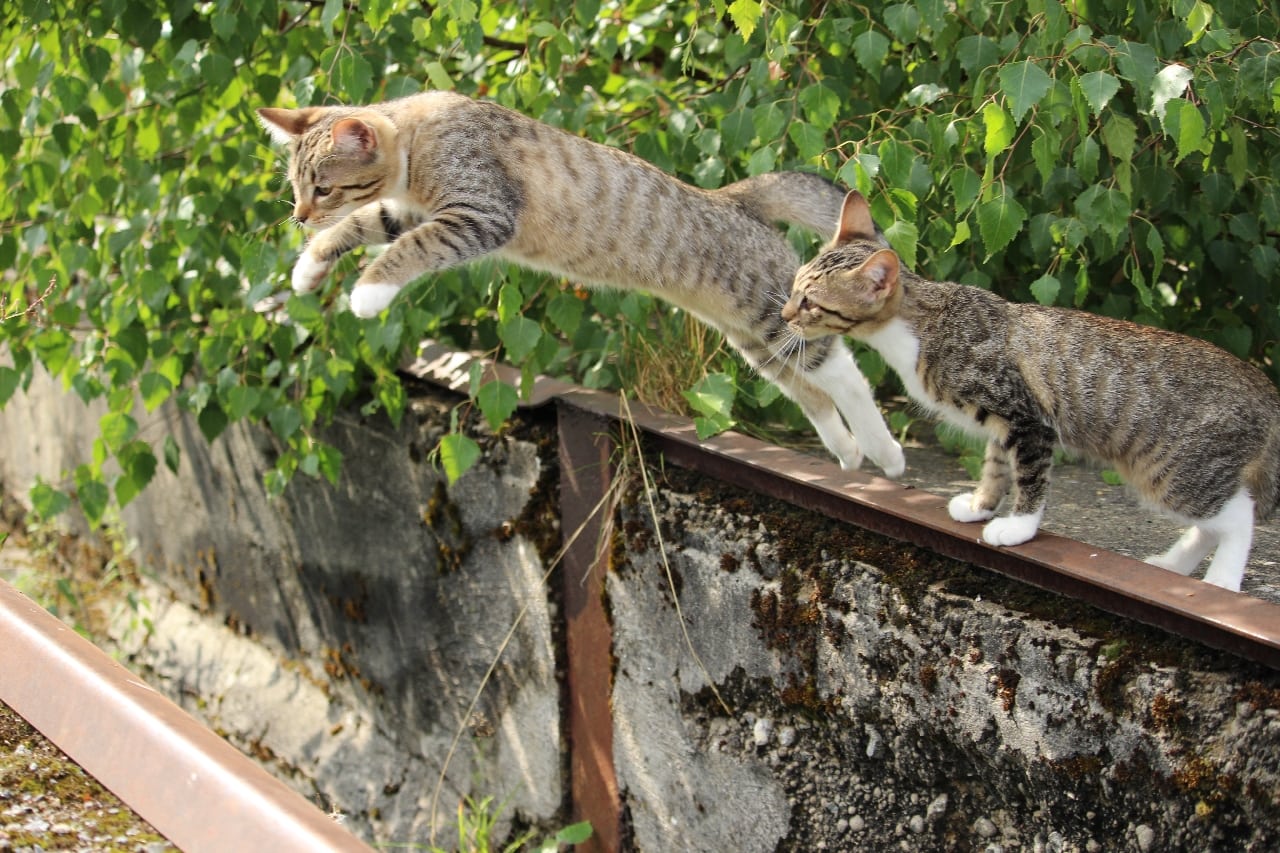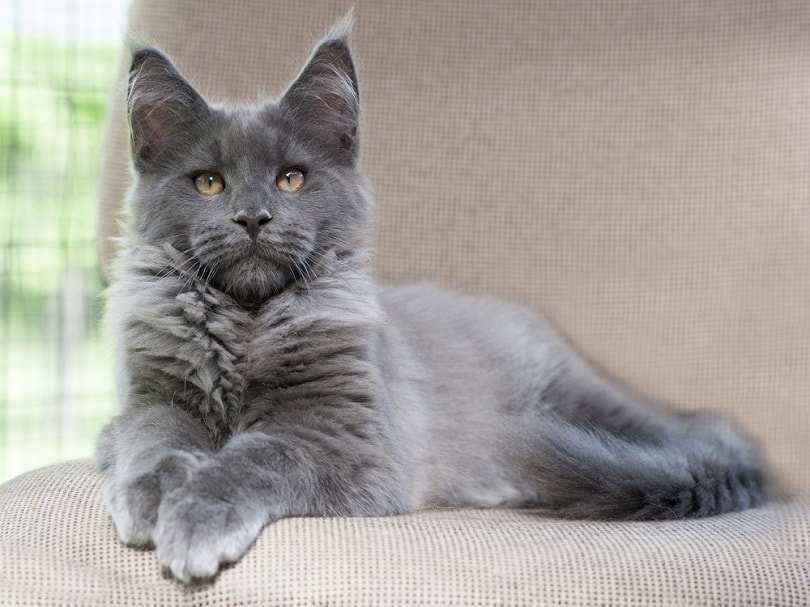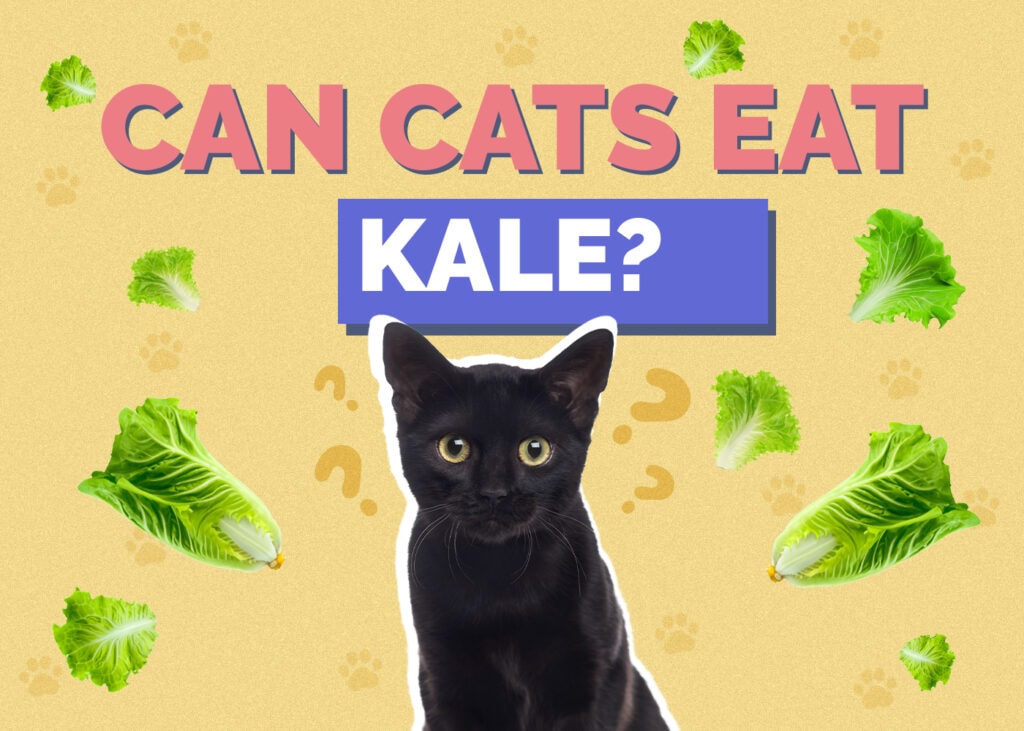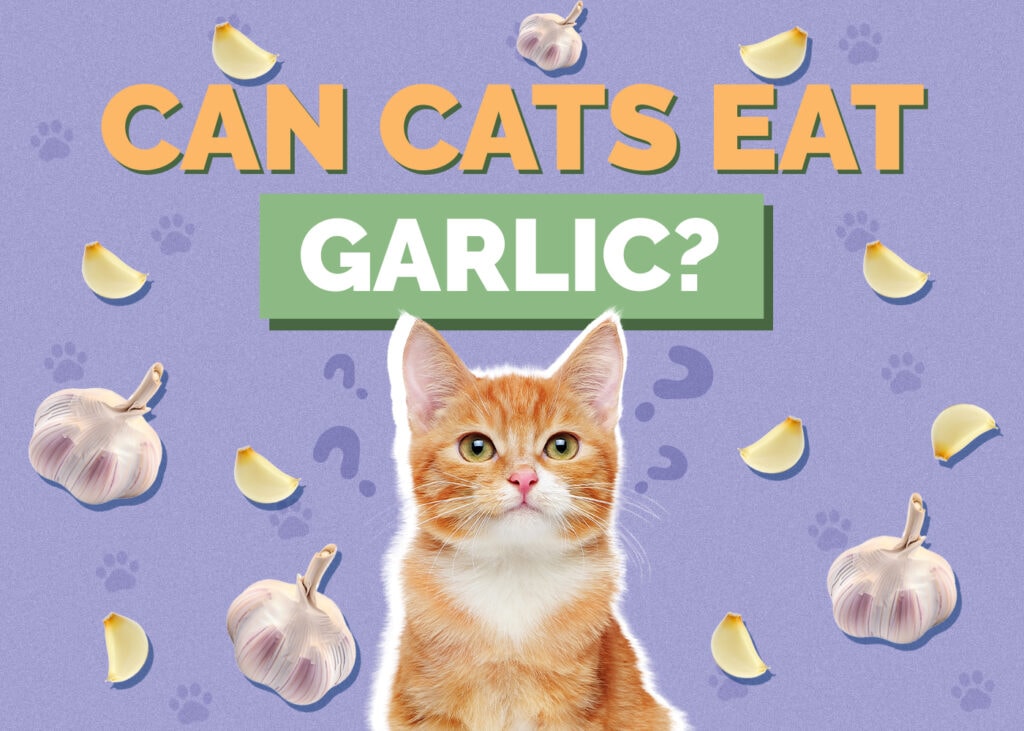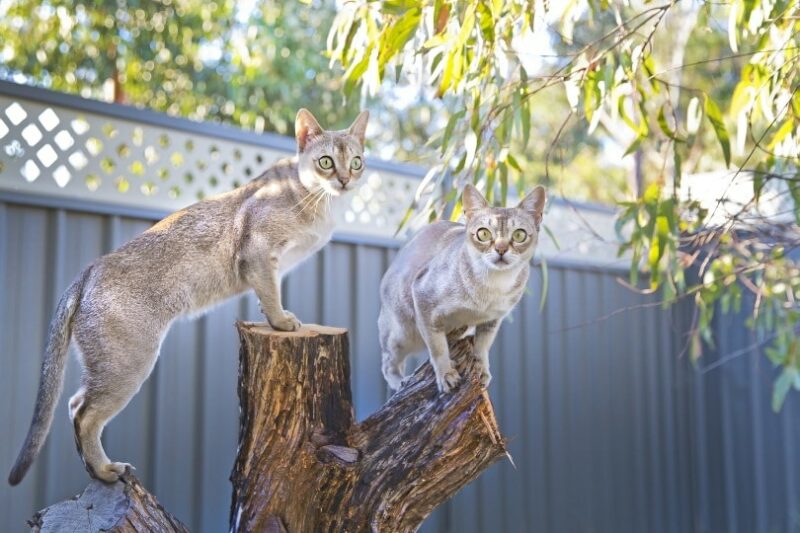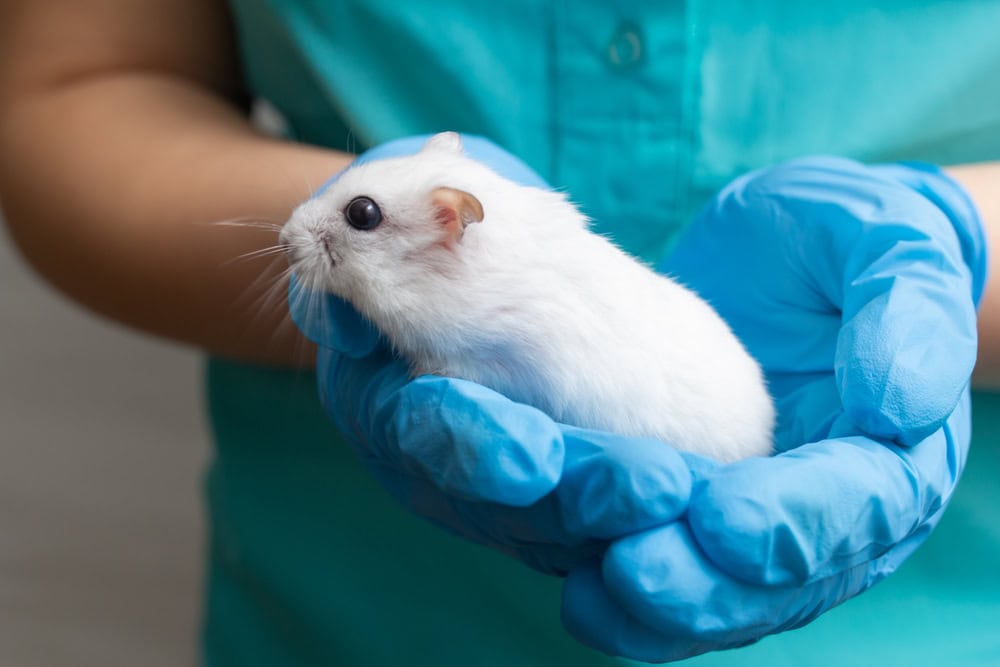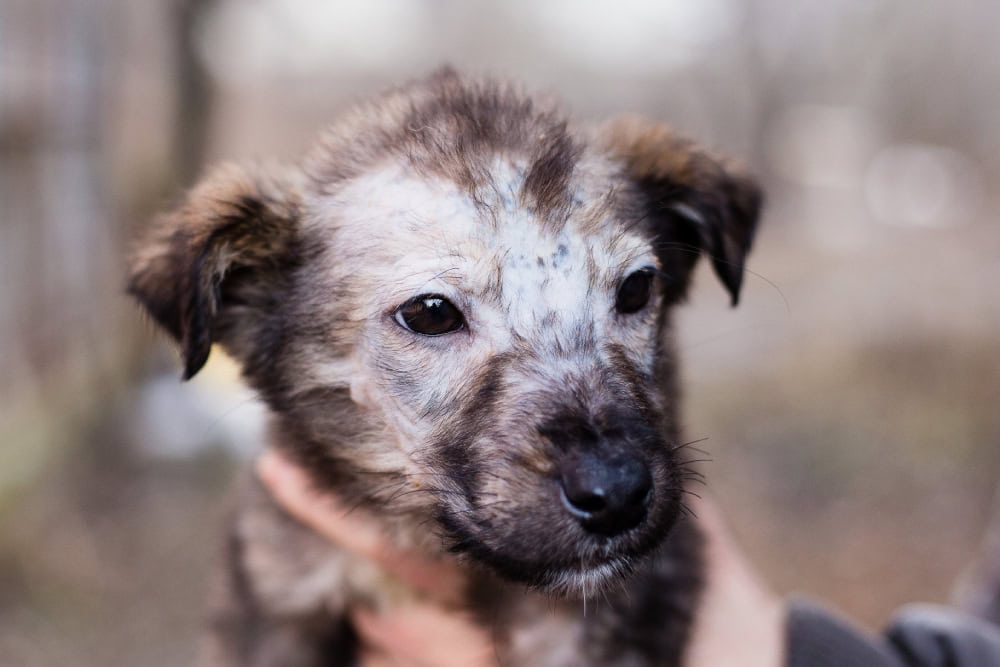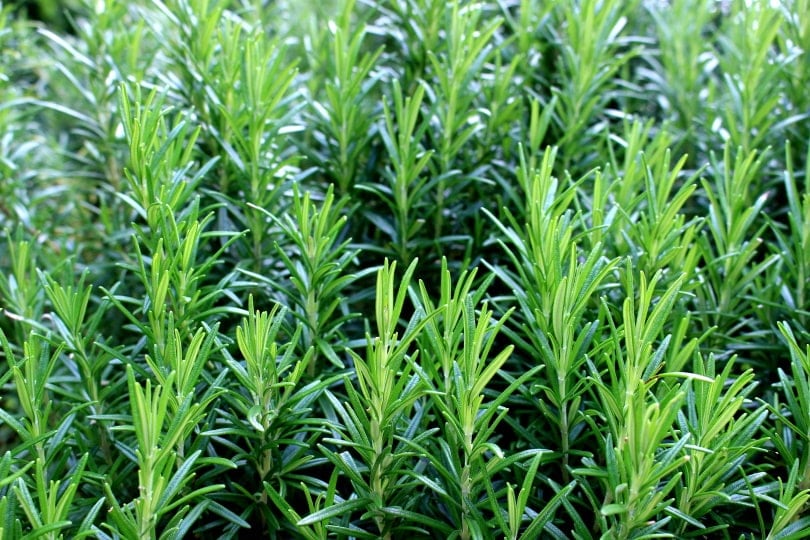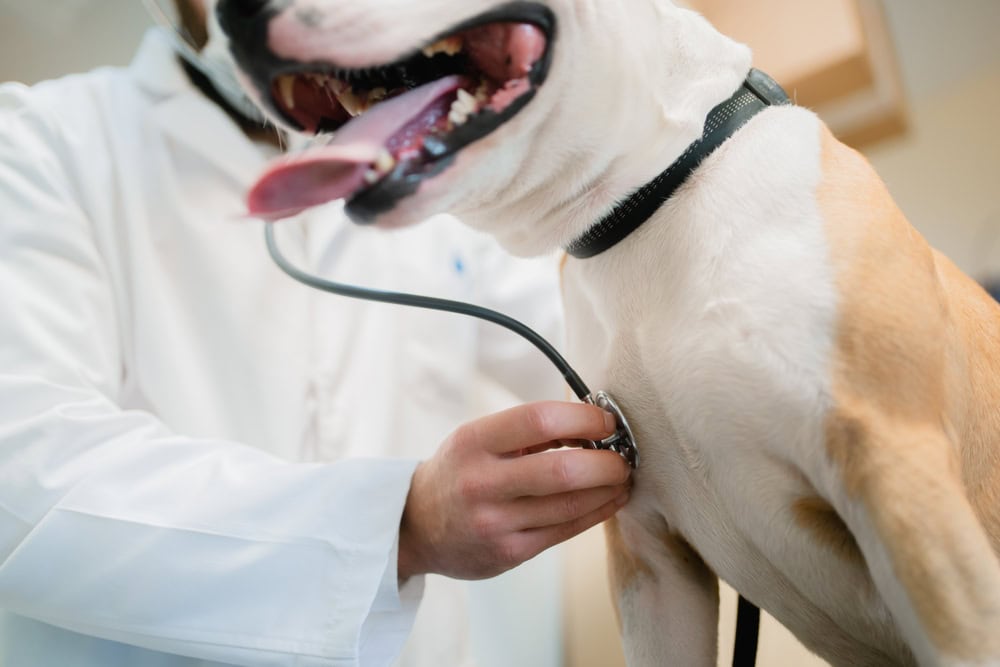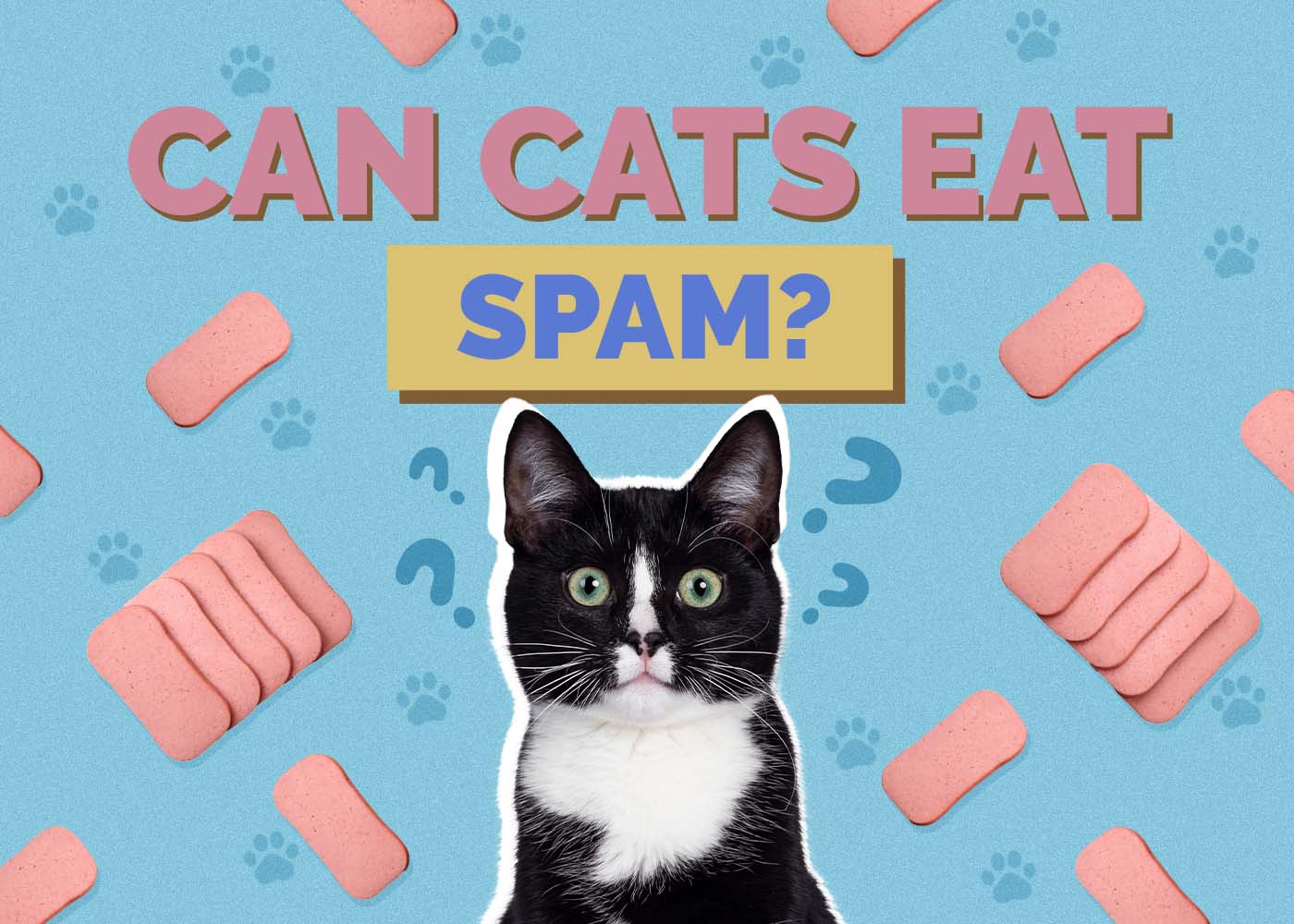
When it comes to staples of American food culture, Spam is right there at the top of the list. We’re all familiar with this canned meat, as you can use it in many ways and various meals. It may not be very nutritious, but it can be delicious when done right.
People often wonder if Spam is something that they can feed their cat as an occasional treat. After all, it is meat, and cats are carnivores, so it should be a good match, right? The short answer is that while Spam isn’t toxic for our feline friends, it’s not a great idea to give it to them.

What Is Spam?
Introduced in 1937 by Hormel, Spam was created to boost sales of pork shoulder, a cut of meat that wasn’t very popular.1 No one but Hormel knows where the name “Spam” comes from, though many believe it’s short for “spiced ham.”2 Spam became more widely known during World War II because it was used to feed soldiers when fresh meat couldn’t be delivered to them.3 With its rise in popularity and low price point, it quickly became a staple of not only American diets but also diets throughout the world.
What is Spam made of? Classic Spam contains only six ingredients: pork, ham, potato starch, salt, sugar, water, and sodium nitrate. As you can imagine, the nutritional information for Spam isn’t great. Just 2 ounces of Spam is 180 calories and 16 grams of fat! It’s also high in sodium, providing 34% of a person’s daily value in a single serving.
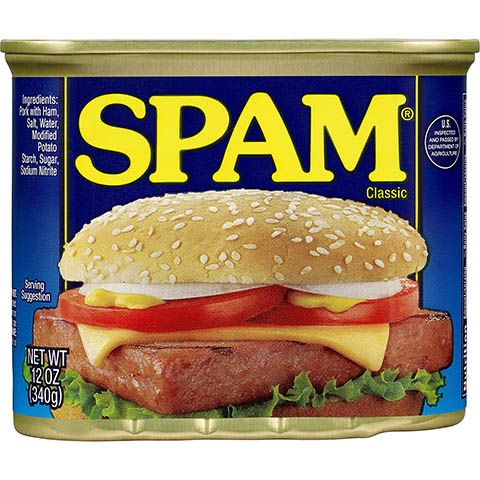
Can Cats Eat Spam?
Since Spam is made from pork, it isn’t toxic to cats. So, if your kitty has snuck a bite or two, you don’t need to be overly concerned. However, it’s not a great idea to feed your pet Spam regularly, even as a treat.
As you can see, Spam isn’t the healthiest of foods for your cat. The high-fat content alone could cause your pet to gain weight if they are given it too often. Feline obesity is an incredibly common nutritional disorder and can lead to a host of illnesses like diabetes, osteoarthritis, and pancreatitis.
There’s also a high amount of sodium in Spam. Felines don’t metabolize food in the same way we do, which means that the sodium in just ⅙ of a can of Spam is about 20 times more than your cat should consume in a single day. An extreme amount of sodium in your pet’s diet can lead to salt toxicity, with 2–3 g/kg body weight being toxic.
Spam Alternatives for Your Cat
While there aren’t any exact Spam alternatives on the market for your cat, it’s most likely your kitty is just craving the taste of meat if they’re trying to get their paws on the canned meat. The safest thing to give your cat will always be treats made specifically for them. A soft and meaty treat, such as a Blue Wilderness treat, will have a similar texture to Spam.
If you’d like to let your pet have a bit of real meat from time to time, low-sodium unflavored ham will be safe. Plain, unseasoned cooked turkey or chicken should also suffice to meet your pet’s need for meaty treats.
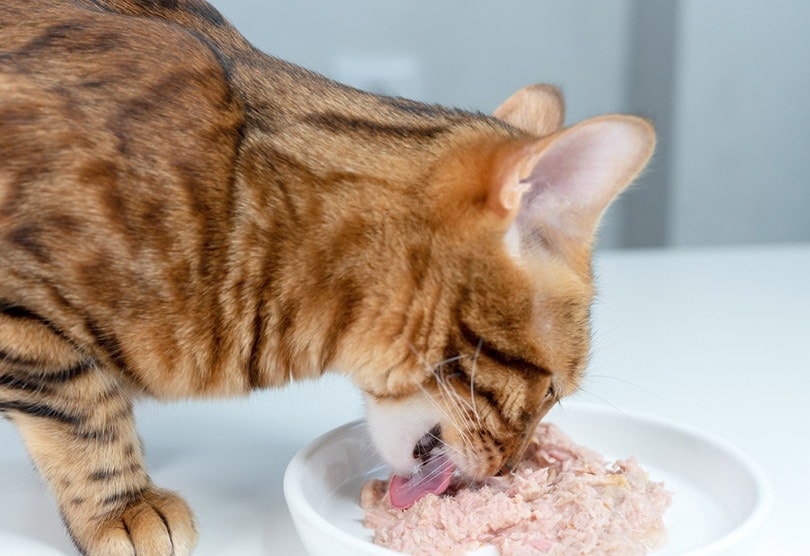
What Other People’s Foods Should I Avoid Giving My Cat?
There are several other foods that are unsafe for your cat to consume, whether they be merely unhealthy or downright poisonous. These foods include:
[su_box title=”” box_color=”#BE383E” radius=”0″][su_list icon=”icon: ban” icon_color=”#BE383E”]
- Chocolate
- Anything with caffeine
- Milk
- Bread
- Raisins
- Grapes
- Nightshades
- Mushrooms
- Garlic
- Onion
- Raw eggs
- Sugary items
- Alcohol
[/su_list][/su_box]

Final Thoughts
While Spam isn’t toxic for our feline friends, it’s not healthy for them to eat it. Since Spam contains a high amount of sodium and fat, your cat overeating it could lead to a range of negative consequences, such as obesity, pancreatitis, diabetes, and hypertension. Don’t panic if they manage to nick a bite or two occasionally, but don’t purposely feed them Spam either.
Instead, give them kitty-friendly treats made specifically for them, the occasional bite of cooked chicken or turkey, or even low-sodium ham that is unflavored. Don’t forget that there are several other human foods out there that can be unhealthy or even toxic to your pet! The best thing to do is not give them people food at all, but if you must, double-check that it’s safe before you let them eat it.
Related Reads:
Featured Image By: Hannes Johnson, Unsplash








